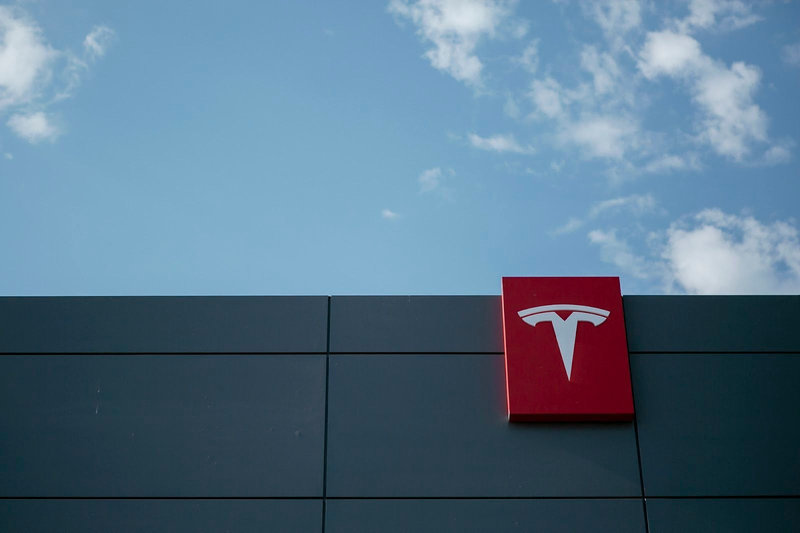
Tesla gets permit to ferry passengers in California, a stepping stone toward autonomous taxis
- 18.03.2025 16:47
- smdp.com
- Keywords: AI, Autonomous Vehicles
Tesla has been granted permission in California to operate a charter service using its own drivers, marking progress toward its goal of autonomous taxis. The permit does not allow ridesharing or driverless services but may help the company test software for future mobility operations.